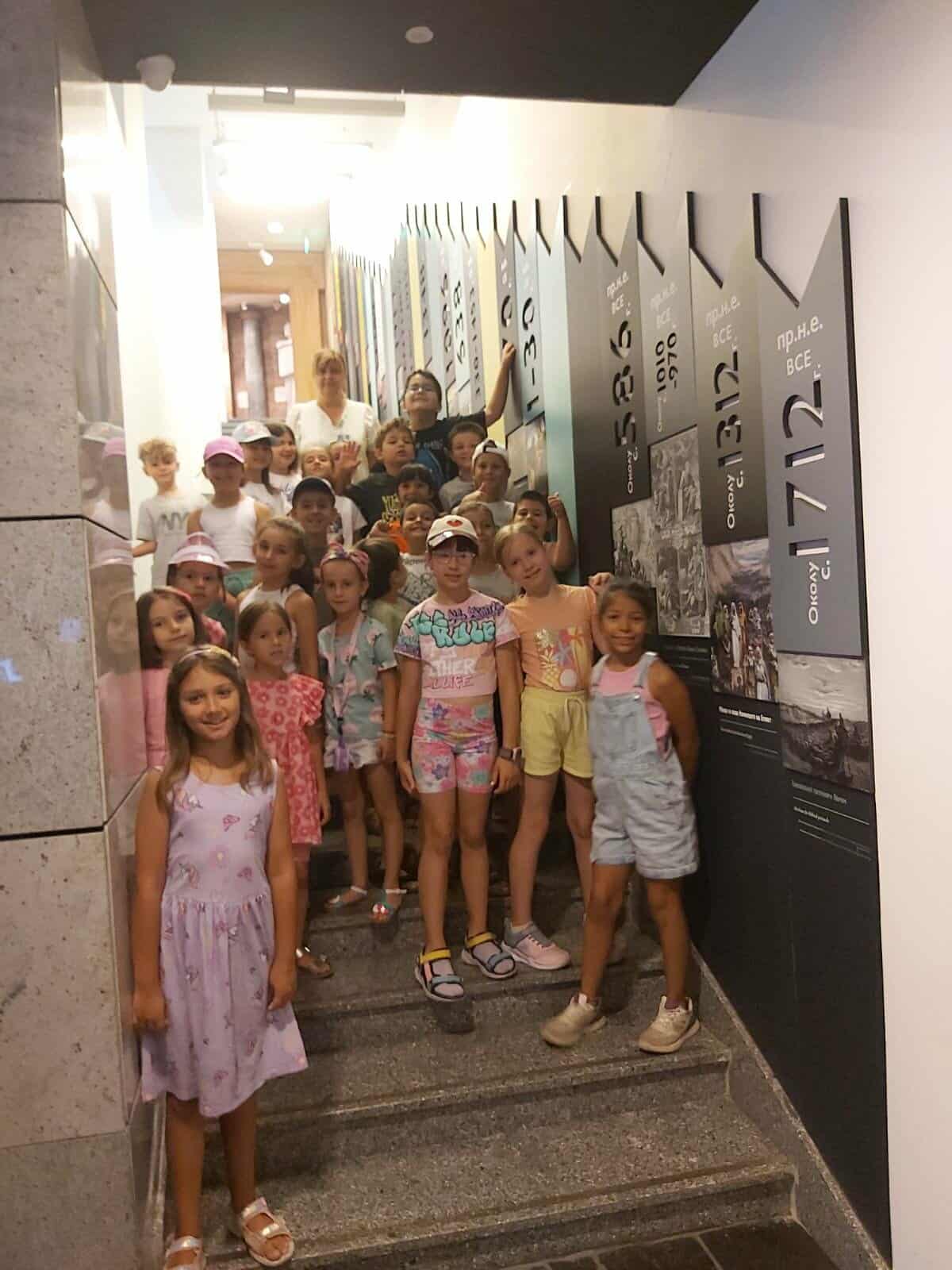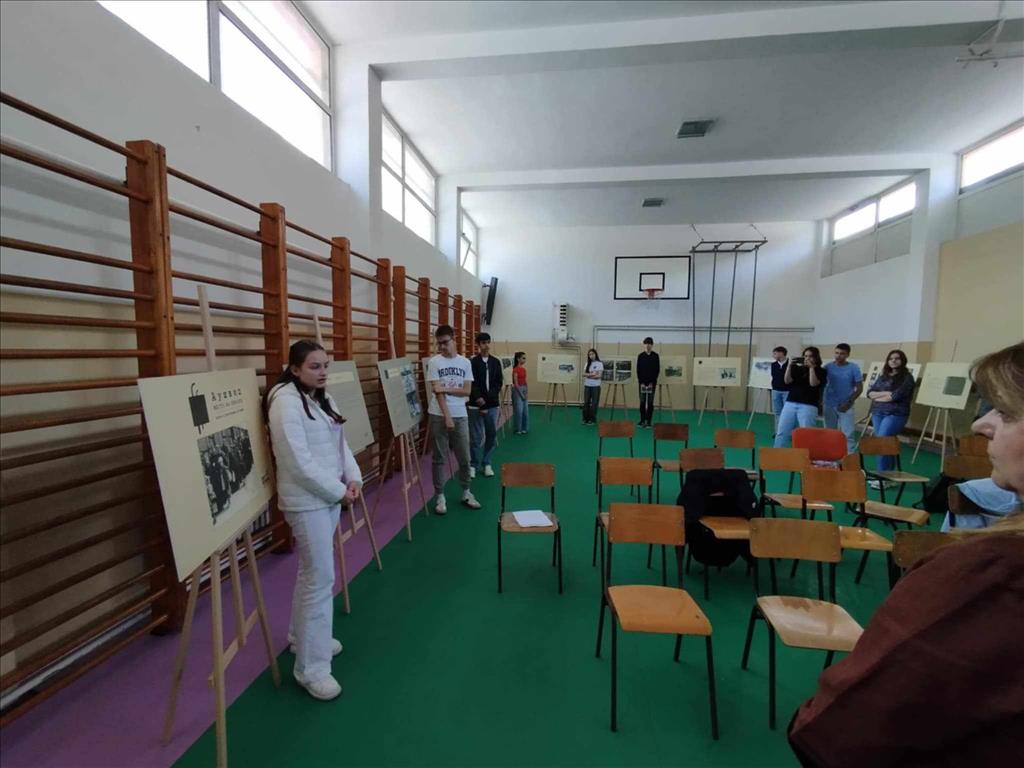MORITZ ROMANO
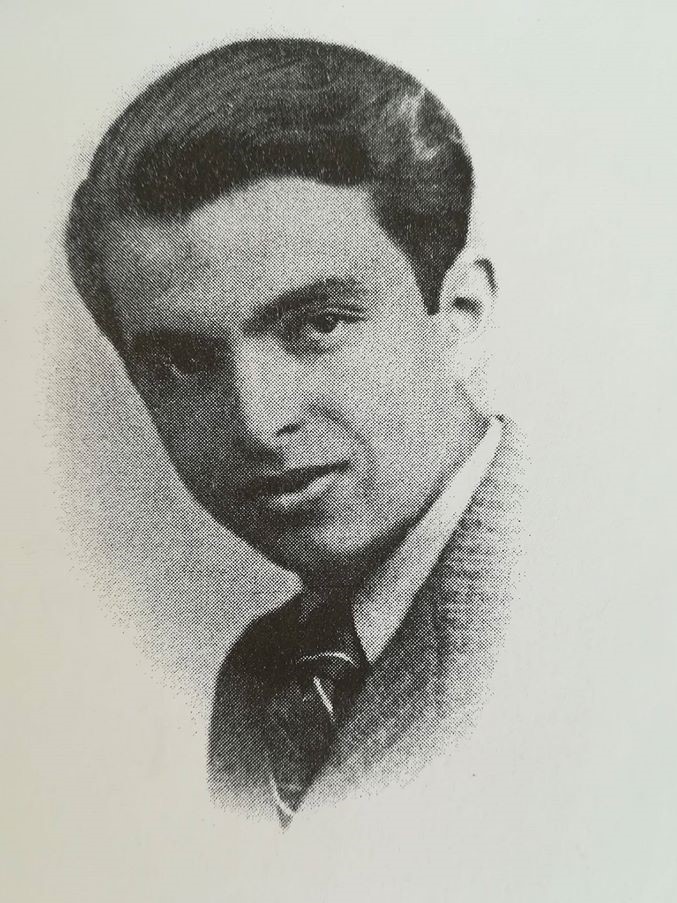
Moritz Avram Romano was born on 11 September 1921 in Bijeljina, Bosnia and Herzegovina. He was the son of the last Bitola rabbi, Avram Moshe Romano, who comes from a traditional Rabbi family. His mother, Lea Levi, was from Bosanski Shamac and she had the only bookstore in the city. His older brother David was an extremely intelligent and gifted boy. In the Bitola Jewish Quarter, Moritz was referred to as "Fizu di rabenu" (son of a rabbi), and at school he received the nickname "guitarist" Moritz. Since his father was appointed as rabbi in Dubrovnik, the family moved, and the next appointment was in Bitola, where Moritz spent his childhood and youth, so he was considering himself a native of Bitola. They lived in the then "Kavaci" neighborhood. They spoke Ladino and French at home, and Macedonian outside. He studied Serbian, French and German in a gymnasium. His family tragically ends up in Treblinka with all deported Jews from Macedonia. He finished primary school, gymnasium and the Trade Academy (1938-1941) where he also learned stenography (the skill of fast writing) in Bitola. In 1942, Moritz Romano became a member of the Communist Youth Union of Yugoslavia. In April of that year, he was arrested by the Bulgarian authorities and sentenced to prison in Varna, Bulgaria, where he remained until September 1944. In an interview (Oral history interview - United States Holocaust Memorial Museum), he recounts this period of his life. “I was arrested bythe Bulgarian authorities due to my political ideology (SKOJ). We were five boys, Jews, imprisoned and sentenced by the Bulgarian Military Court to 10 years in prison. At first we were transferred to Skopje, to the Skopje prison, and then we were transported to the prison in Varna, where we stayed for only two and a half years. In the prison we were registered as juvenile prisoners because we soon graduated". After the liberation, under the direct mediation of the Red Army, with the exception of one of our friends who was killed in the prison, all four of us returned to Macedonia". After the release from prison he was appointed as secretary of the Regional Committee for the KPM in Radovish and he was on that position until 1953. During his stay in Radovish, in 1946 he married Budimka Sarafova who was a member of the youth committee. He has lived in Skopje since 1951, where he graduated from the Faculty of Economy. On 19 December 1953, he was elected Secretary of the National Assembly of the People's Republic of Macedonia. From 1953 to 1969, he was a member of the Executive Council of the Assembly of the Social Republic of Macedonia. He was also a vice-president of the Republic Control Commission, Assistant Minister of Finance, Chairman of the District People's Committee in Radovish, State Secretary for Finance of the People's Republic of Macedonia, Secretary of the Secretariat of the Executive Council of the People's Republic of Macedonia for Trade and Tourism, and President of the Republic Chamber of Commerce and Yugoslav Ambassador to Chile. As a diplomat from 1966-1969, he and his family (his wife Budimka and the two daughters Lela and Bertha) lived in Santiago de Chile. Romano was a member of the Central Committee of SK of Macedonia, a member of the Presidency of the General Board of SSRN Macedonia. Romano has retained the rank of lieutenant in reserve in the Yugoslav army (JNA). He was a professor at the Faculty of Economy in Skopje. Moritz Romano holds:
- Order of Merit for the People with Silver Beams,
- The Order of Brotherhood and Unity with a silver wreath and other Yugoslav orders
- Order of Merit from the State of Chile He was chairman of the Council for Protection of the Environment, and later chairman of the parliamentary committee for protection of the Ohrid Lake. He was one of the initiators for establishment of the Buchim Mine. Maurice Romano had a great contribution in the preservation of the intangible cultural heritage of the Sephardim people in this region, writing and noting the traditional Sephardic romances. In his literary work he has published several books: Sephardic Romance - 1981, Radovish Talks - 1983, Bitola Album - 1985, Skopje Letters - 1987, Ohrid Summers - 1989, Sephards - 1991; Rabush – 1993, Bashka and Barabar – 1994, Fyron - 1995, Shalom - 1997, Zhar - 1999, Stenograms - 2001. Maurice Romano will be remembered for his timeless thought: “Life alone is ghettoization. Life only together is assimilation. Life both alone and together is emancipation". He died in Skopje on 1 May 2010.
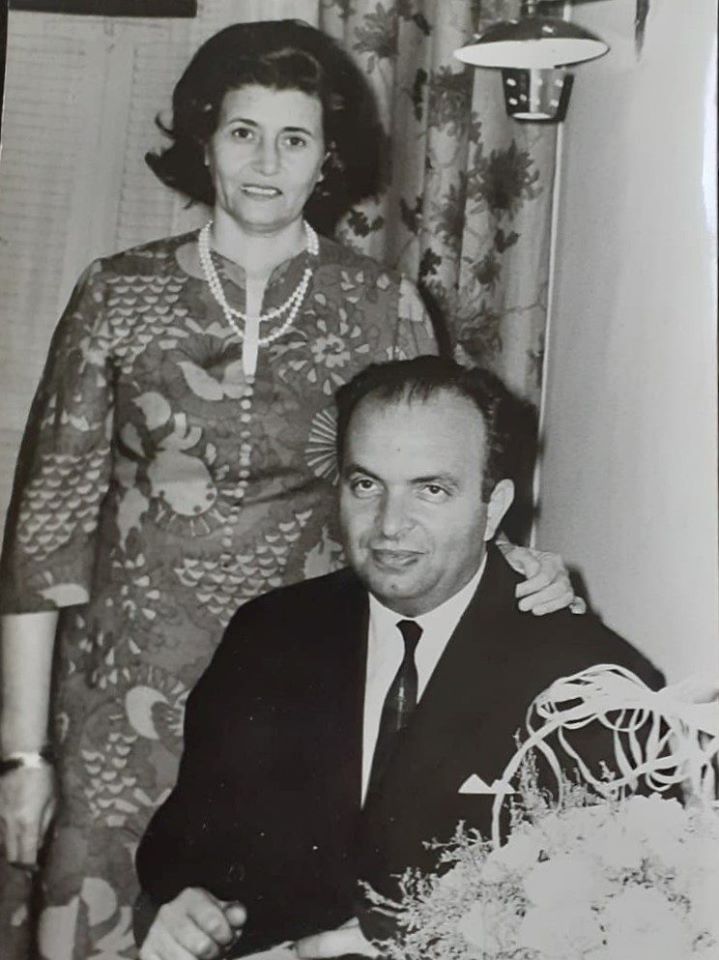
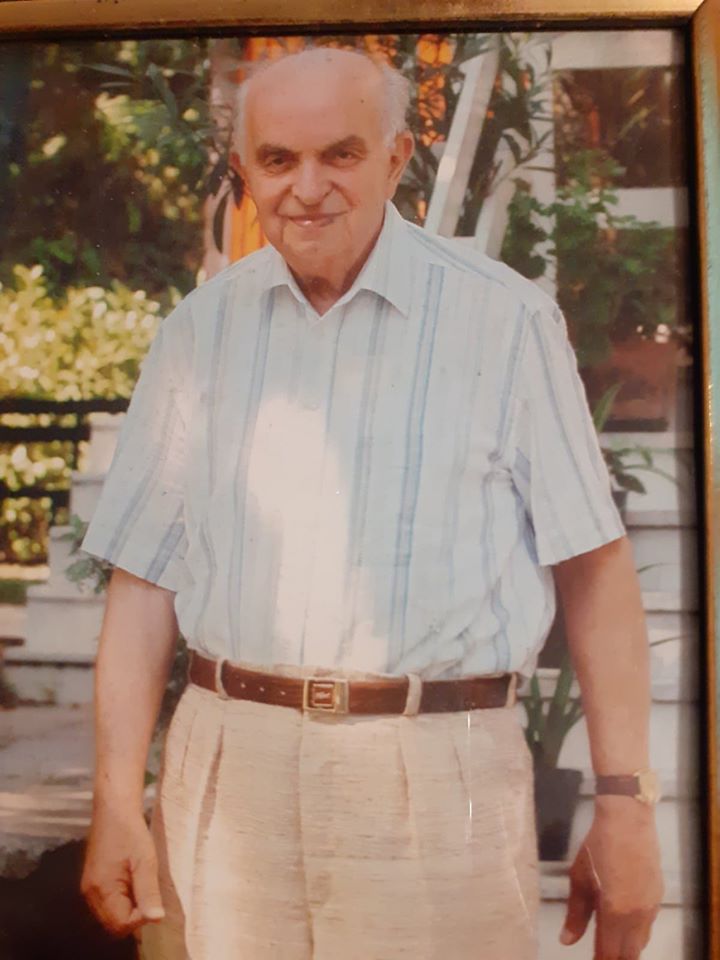
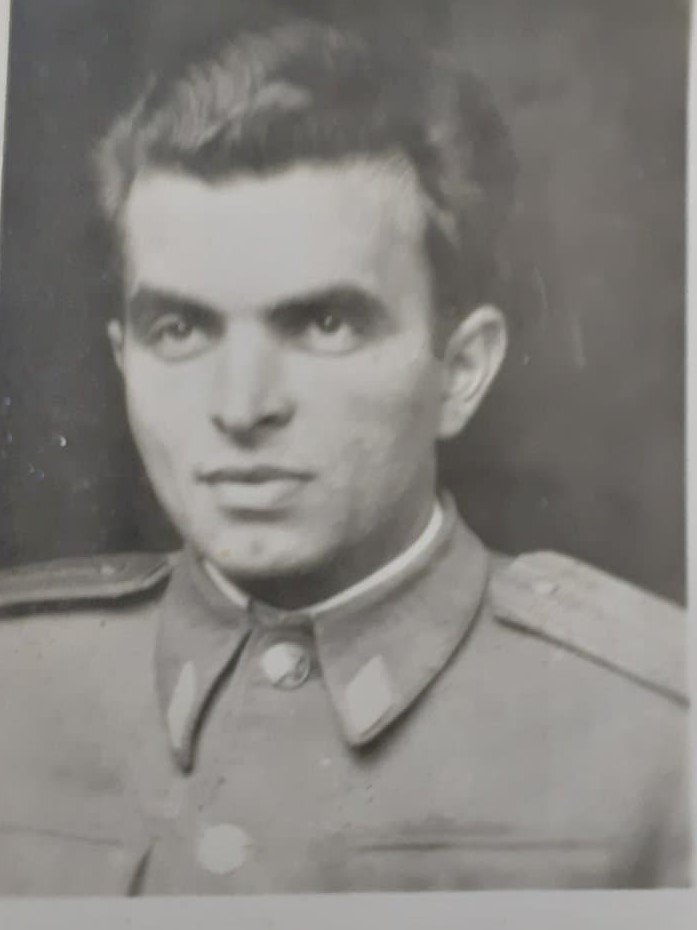
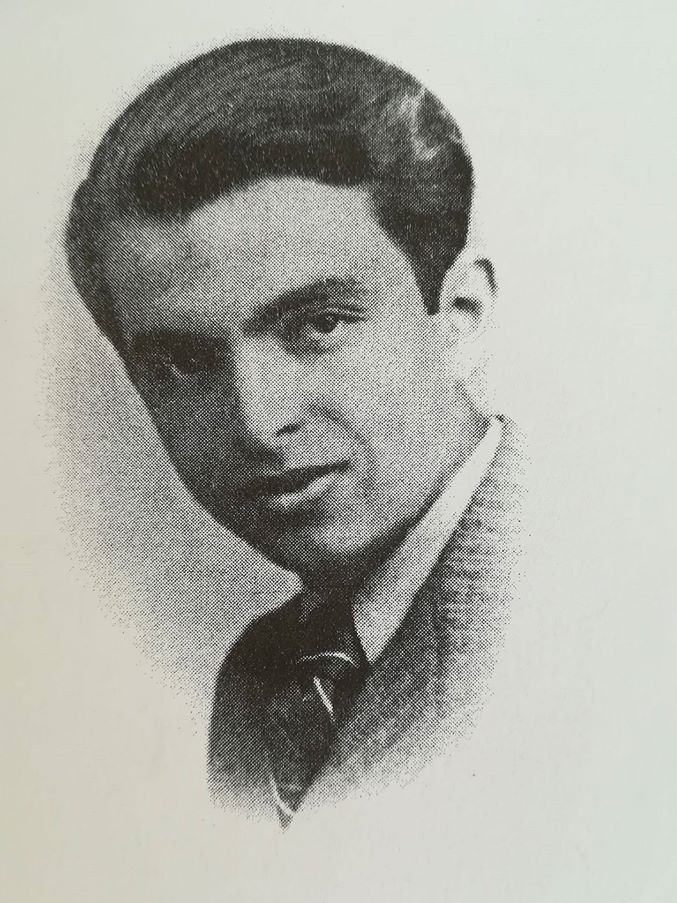




Share: << Back
Any help from you is more than welcome.
Donate to continue with the successful work and education


